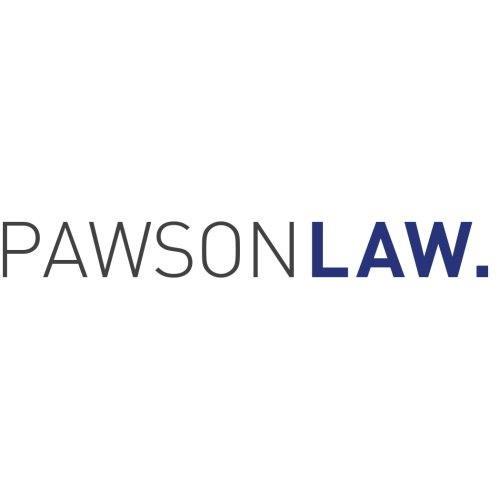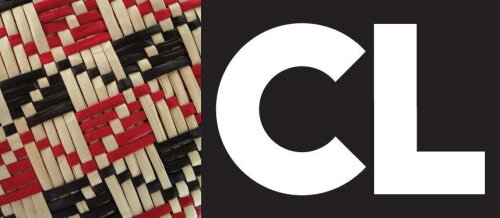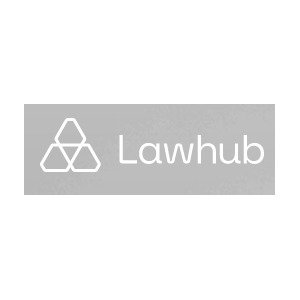Best Drug Crime Lawyers in New Zealand
Share your needs with us, get contacted by law firms.
Free. Takes 2 min.
Or refine your search by selecting a city:
List of the best lawyers in New Zealand
About Drug Crime Law in New Zealand
Drug crime in New Zealand is governed by the Misuse of Drugs Act 1975, which classifies drugs into three classes (A, B, and C) based on their potential for harm. The laws cover a range of offenses including possession, use, manufacturing, and distribution of illegal drugs. New Zealand adopts a harm minimization approach, balancing prevention and punishment with treatment and rehabilitation. Drug-related offenses are treated seriously, with penalties that may include fines, imprisonment, or community work, depending on the severity and nature of the crime.
Why You May Need a Lawyer
Engaging a lawyer is crucial in various situations involving drug crime. Whether you are facing charges for possession or distribution, a lawyer can provide you with the necessary legal defense. Legal expertise is essential when navigating complex laws, potential defenses, and evidential challenges. Additionally, if you believe you have been wrongly accused or your rights were violated during an arrest, a lawyer can assist in challenging these issues in court. In cases of drug-related property confiscations, experienced legal guidance is invaluable for protecting your assets.
Local Laws Overview
Key aspects of New Zealand's drug laws include:
- Classification of drugs into classes A, B, and C, with class A drugs carrying the most severe penalties.
- Legal thresholds for possession determine whether charges are for personal use or supply.
- The presumption of supply applies if the amount of drug possessed exceeds a certain quantity, shifting the burden of proof to the accused.
- Certain offenses, such as manufacturing and trafficking, carry mandatory minimum sentences.
- Diversion programs for first-time offenders aimed at rehabilitation rather than punishment.
Frequently Asked Questions
What is considered a drug crime in New Zealand?
Drug crimes encompass illegal activities involving controlled substances, including possession, manufacturing, distribution, and trafficking of drugs classified under the Misuse of Drugs Act 1975.
What are the penalties for drug possession?
Penalties vary based on the amount and type of drug. For small quantities, penalties may include fines or community service, while greater quantities may lead to imprisonment.
What is the presumption of supply?
If you're found with drugs over a certain amount, you may be presumed to supply drugs, meaning you could face more severe charges and penalties.
Is cannabis legal in New Zealand?
Cannabis is illegal for recreational use but is approved for medicinal use under certain conditions. Penalties for possession remain, although police discretion often results in less stringent enforcement for minor offenses.
Can I challenge a drug charge?
Yes, with the help of a lawyer, you can challenge the validity of the evidence against you or argue for mitigating circumstances to reduce penalties.
What happens if I’m caught with drug paraphernalia?
Possession of drug paraphernalia can also be an offense, attracting fines or other penalties, but usually less severe than for drug possession.
How does the law treat drug trafficking offenses?
Drug trafficking is a serious offense, often leading to lengthy prison sentences, as it involves the illegal distribution or trade of controlled substances.
Are there diversion programs available?
New Zealand offers diversion programs for first-time offenders, focusing on rehabilitation through counseling or community service rather than punitive measures.
What are Class A, B, and C drugs?
Class A drugs, such as methamphetamine, are considered the most harmful. Class B includes substances like ecstasy, and Class C includes drugs like cannabis. Penalties increase with the class of the drug.
Is drug testing used in the judicial process?
Yes, drug testing can be part of bail conditions, parole monitoring, or as evidence in court proceedings to confirm usage.
Additional Resources
If you are seeking more information or assistance, consider the following resources:
- New Zealand Police: Provides information on the enforcement of drug laws and policing approach.
- Community Law Centres: Offer free legal advice and resources for those navigating legal issues.
- The Ministry of Justice: Offers detailed information on legal rights and processes.
- Drug Foundation New Zealand: Aims to reduce drug-related harm through education and advocacy.
Next Steps
If you are in need of legal assistance regarding drug crime charges, follow these steps:
- Contact a lawyer experienced in drug crime law as soon as possible. Ensure they have adequate experience dealing with cases similar to yours.
- Document all details related to your case, including any interactions with law enforcement, evidence presented, and personal records of events.
- Explore eligibility for legal aid or seek advice from community law centers if financial constraints exist.
- Attend all scheduled court appearances and legal meetings, and follow your lawyer's advice closely.
- Participate in available rehabilitation or diversion programs if they are applicable to your situation.
Lawzana helps you find the best lawyers and law firms in New Zealand through a curated and pre-screened list of qualified legal professionals. Our platform offers rankings and detailed profiles of attorneys and law firms, allowing you to compare based on practice areas, including Drug Crime, experience, and client feedback.
Each profile includes a description of the firm's areas of practice, client reviews, team members and partners, year of establishment, spoken languages, office locations, contact information, social media presence, and any published articles or resources. Most firms on our platform speak English and are experienced in both local and international legal matters.
Get a quote from top-rated law firms in New Zealand — quickly, securely, and without unnecessary hassle.
Disclaimer:
The information provided on this page is for general informational purposes only and does not constitute legal advice. While we strive to ensure the accuracy and relevance of the content, legal information may change over time, and interpretations of the law can vary. You should always consult with a qualified legal professional for advice specific to your situation.
We disclaim all liability for actions taken or not taken based on the content of this page. If you believe any information is incorrect or outdated, please contact us, and we will review and update it where appropriate.
Browse drug crime law firms by city in New Zealand
Refine your search by selecting a city.
















